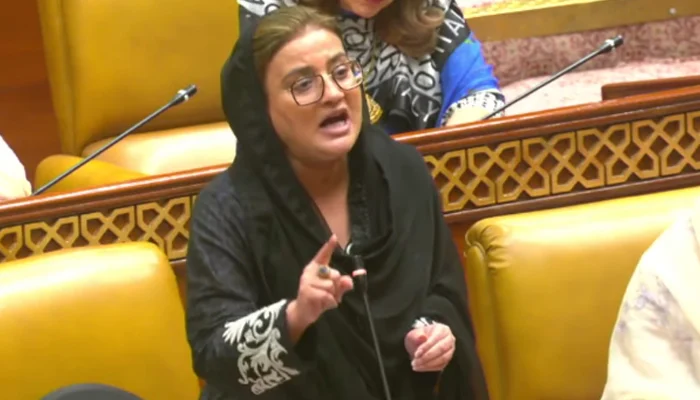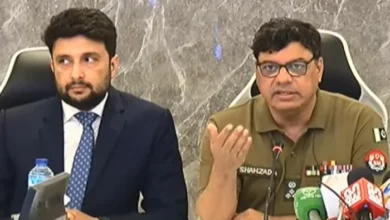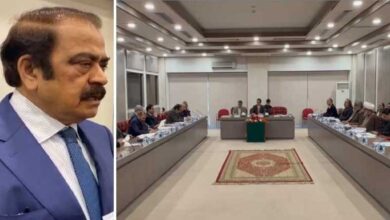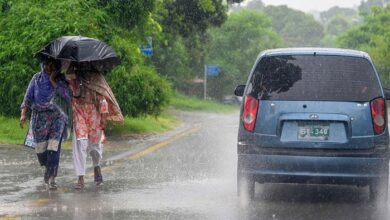Punjab’s Information Minister Azma Bukhari on Saturday launched a scathing attack on the Khyber Pakhtunkhwa (KP) government over what she described as the “utterly inhumane” treatment of the Swat River tragedy victims, accusing authorities of transporting the deceased in garbage-carrying dumpers.
Speaking during a session of the Punjab Assembly, Bukhari said the victims — tourists from Punjab’s Sialkot who lost their lives in the Swat River surge — were not only failed by the rescue services, but were also denied dignity in death.
“The most shameful thing is that rescue personnel could not reach them on time, and when they recovered the bodies, they used a dumper — the kind used for transporting rubbish — to bring those corpses to Punjab,” she said. “If you couldn’t save them, at least deliver them home with honour. What was their fault?”
The minister questioned the whereabouts of KP Chief Minister Ali Amin Gandapur at the time of the tragedy, stating: “He was outside Adiala Jail, serving a king.” She went on to remind the assembly that a similar incident had occurred in the previous years, yet no lessons had been learned.
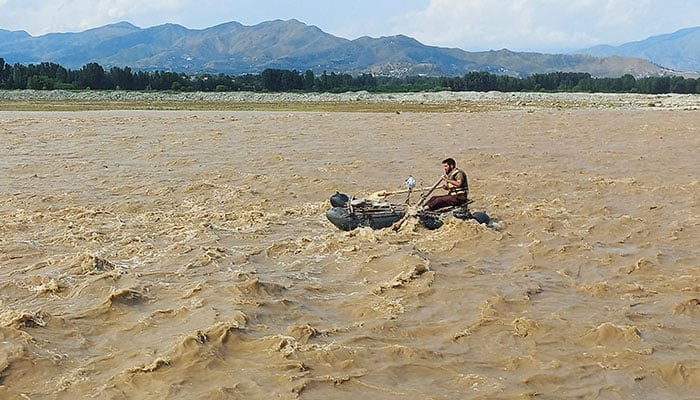
“This does not require a government — it only needs basic humanity and empathy,” Bukhari added.
The criticism came amid ongoing rescue efforts in Swat, where the death toll from the tragedy climbed to 11 on Saturday after another child’s body was recovered, according to Rescue 1122. Two people remain missing, while four others were rescued during the initial emergency response.
The tragic incident unfolded when 17 members of a Sialkot-based family, picnicking along the Swat River, were caught in a sudden and powerful surge of water. Rescue teams faced severe challenges as they rushed to respond.
Director General of Rescue 1122 said the search and recovery operation had now been underway for over 24 hours, with operations expanded across Khwazakhela, Kabal Bypass, and Barikot.
More than 120 rescue personnel from Swat, Malakand, and Shangla are involved in the mission, employing boats and specialised equipment to scan the riverbanks and deeper water channels.

